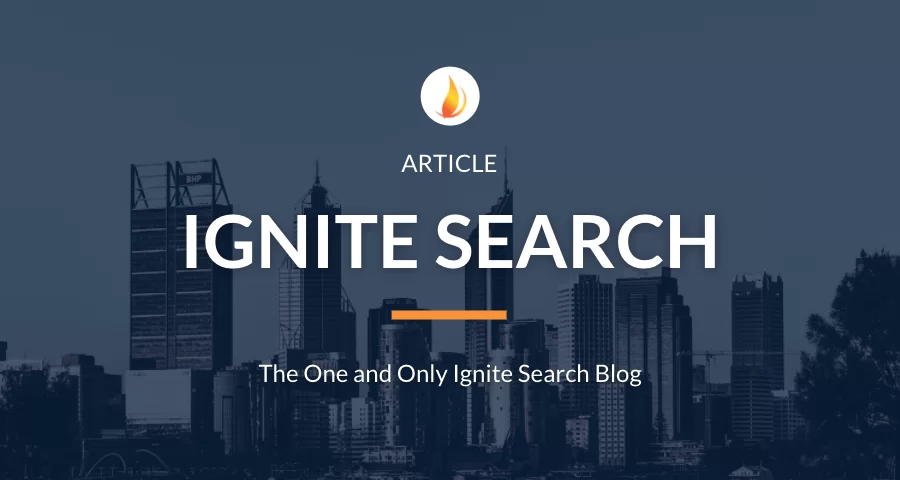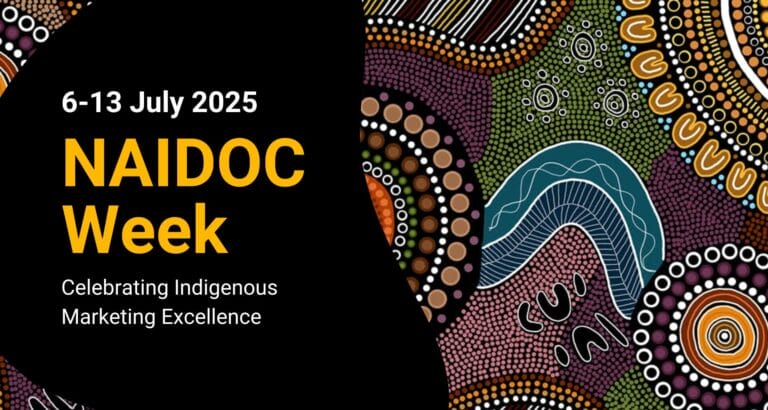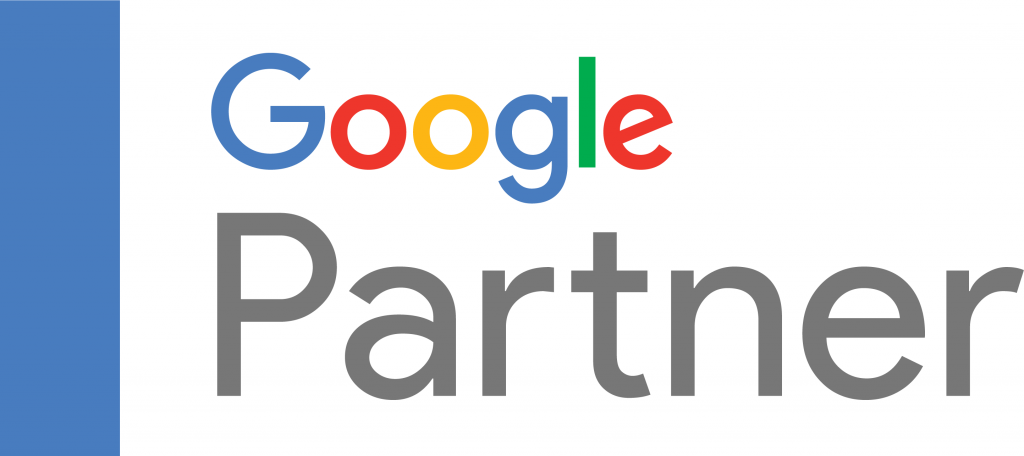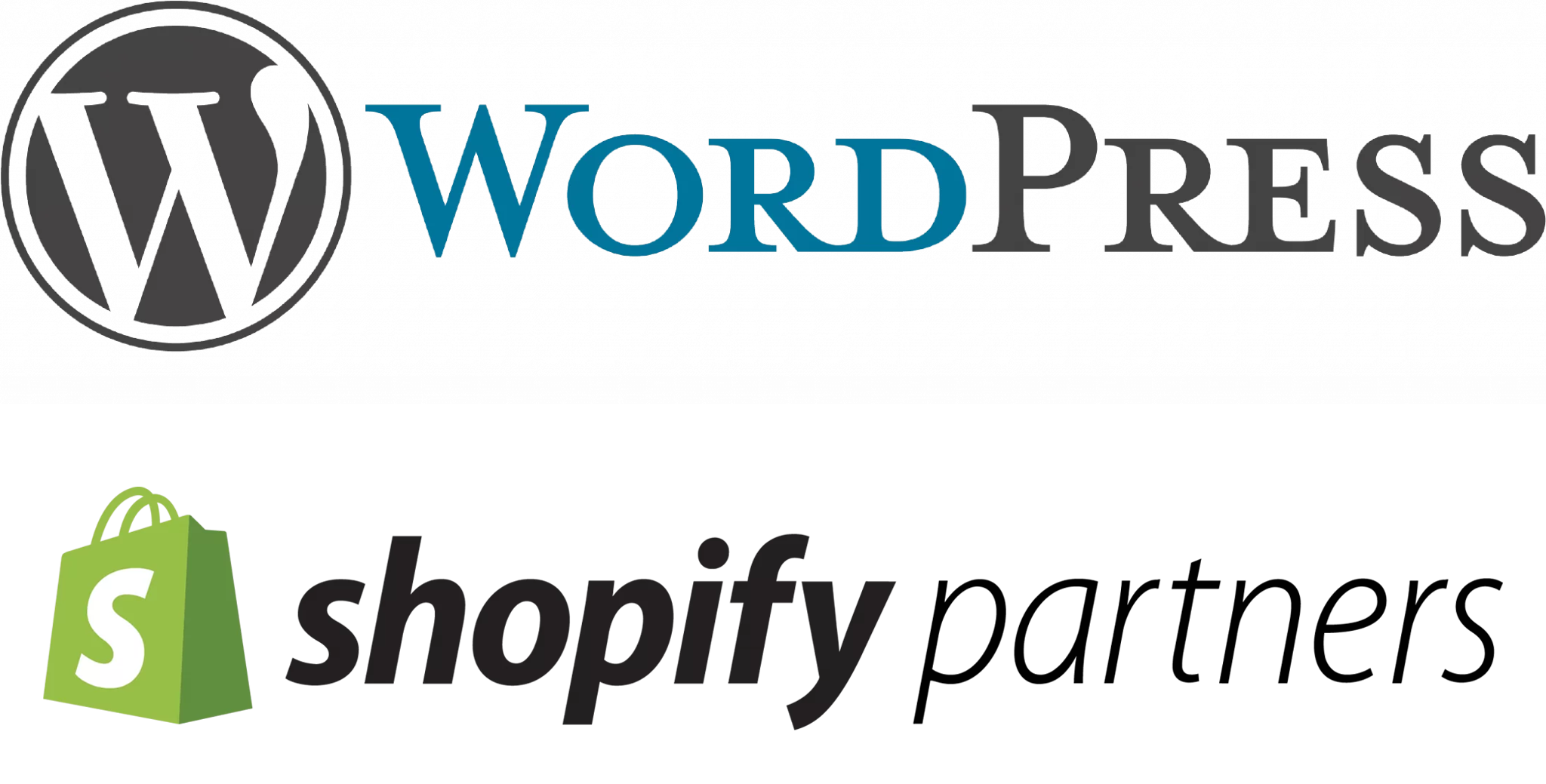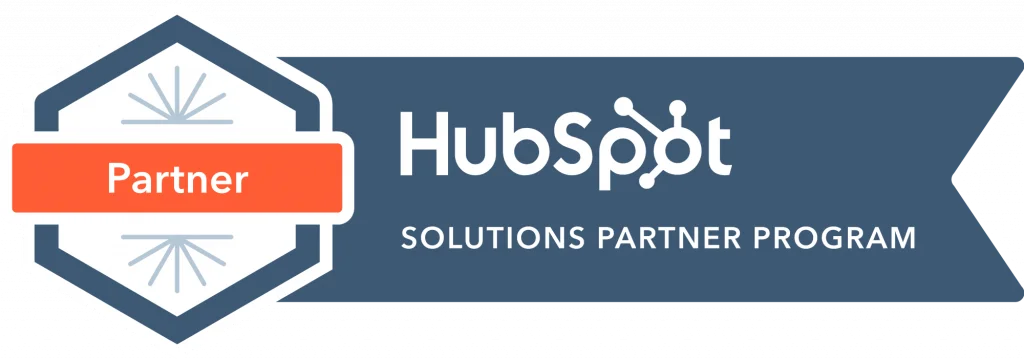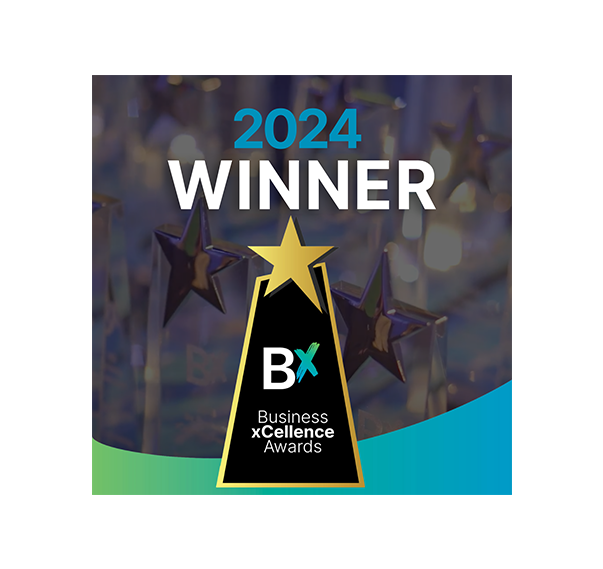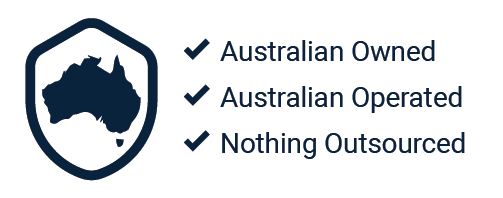Introduction
Continuing on with our Ignite Search MozCon blog series, where we discuss some of the most influential and informative presentations at the 2019 MozCon Digital Marketing conference in Seattle, Washington. In this week’s blog post we will be discussing Rob Bucci’s presentation ‘Local Market Analytics: The Challenges and Opportunities.’
Who Is Rob Bucci
Before jumping into the presentation, we would first like to introduce Rob Bucci. Rob was the former Founder and CEO of STAT Search Analytics, which was a rank tracking and Search Engine Results Page (SERP) analytics provider located in Vancouver. STAT Search Analytics has now been acquired by Moz since late 2018 and has been working together to provide a massive breadth of high-quality, actionable data and insights for marketers and business owners alike. Rob has since left this acquisition and shared his experience with local search analytics at the 2019 MozCon.

Now For The Presentation Details
Rob begun the presentation by discussing the importance optimising local search for all sorts of businesses. He explained that businesses should tailor their local search strategy to rank higher in the SERPs to attend to their local audiences. However, he stressed that the challenge with local search optimisation is measuring businesses’ online performance when considering hyperlocal organic search.
While many SEOs are familiar with local search, hyperlocal search refers to queries that focuses on neighbourhoods, streets or landmarks. This means taking into consideration the proximity of users’ search queries.
Opportunities
Local search analytics involves mining insights on the SERPs based on the geographic location the search is being performed. This includes looking for other opportunities in the SERPs such as voice search charts, aggregating queries together and ranking for snippets.

Rob explained that in order for businesses to thrive in the local SERPs, they will need to be visible specific long tail searches with local intent. This essentially means that the local results in the SERPs will vary depending on the users search query.
For example, the query ‘sushi in Perth’ will display the following results:

While the query ‘sushi near me’ will display the following results:\

Therefore, it is important for business to rank for a specific set of queries and locations. Rob suggested considering considering different zip codes (post codes) as this will influence the results users receive in the SERPs.
Rob provided an example regarding petfinder.com visibility in the SERPs. Searching for common, generic and non-branded search terms such as ‘adopt a cat or ‘adopt a dog’, Rob found that petfinder.com’s rankings varied in the SERPs across many different zip codes even though petfinder.com. is not a brick and mortar business, as seen in the image below:

Rob explained that petfinder.com was not optimized for specific locations that cause their rankings to fluctuate in the SERPs.
Challenges
While optimising for specific locations and local intent may contribute to businesses rankings in the SERPs, Rob explained that this process required a great deal of data. In addition to this, the biggest challenges is the data isn’t available just yet.
The data will need to consider the following questions:
- Does your current national SEO strategies across specific geographic locations?
- Are you reaching markets differently than others?
- Which markets should you prioritise?
- How will search queries change from market to market?
- Are there regional differences to consider?
- Do different query variants have different competitors in different markets?
While these are a lot to consider, Rob introduced a solution by Moz that will help SEOs and business owners alike.

This is Moz Pro, a tool built to capture the on-the-ground reality of local search better than any other product in the market. Rob explained this tool will track the full competitive landscapes in each market and will elaborate how users’ locations influence the market performance by providing the most precise local SERP data possible today.
What We Can Take From This Presentation?
As many businesses continue to compete for a higher visibility in the SERPs, the need to stand out amongst your competitors becomes a priority. In this presentation, Rob discusses the importance of users’ locations when it comes to local search optimisation. While the biggest challenge would be sifting a great deal of data, Rob has introduced Moz Pro. A new tool that can assist SEOs and businesses owners a like to enhance their current local search strategies to increase their visibility in the SERPs.

